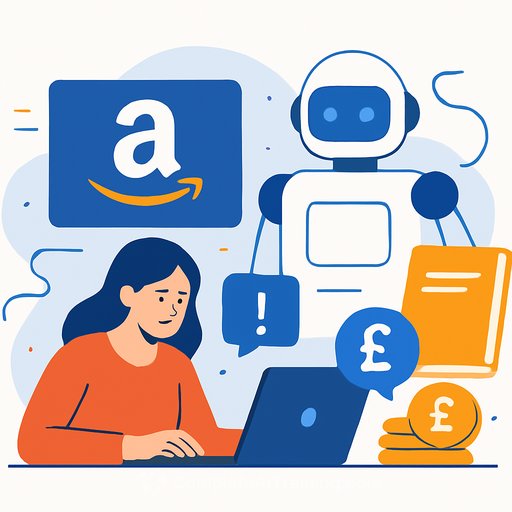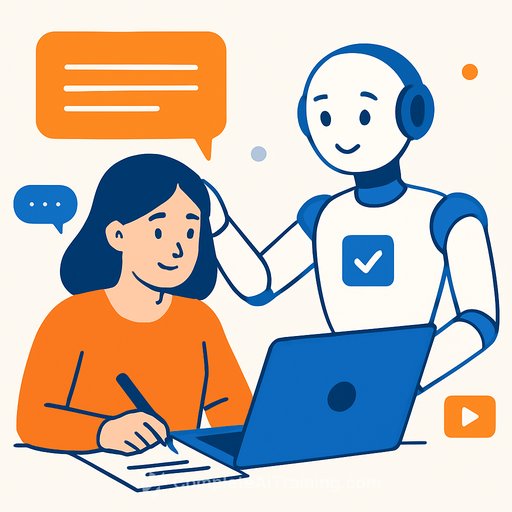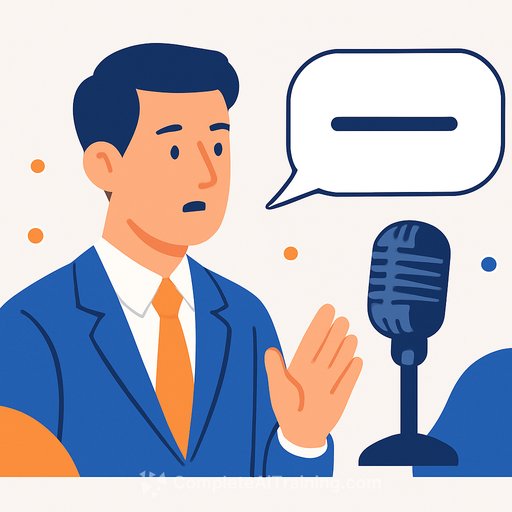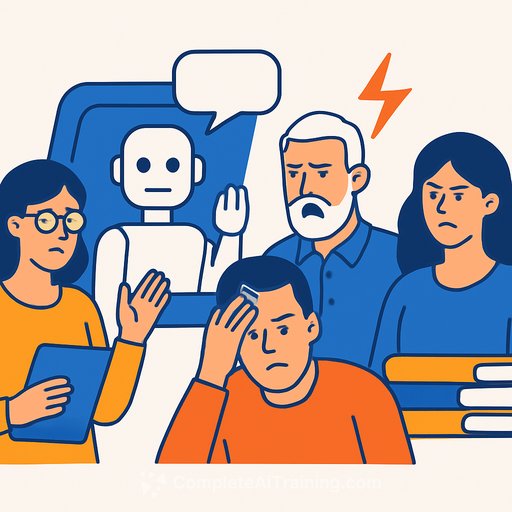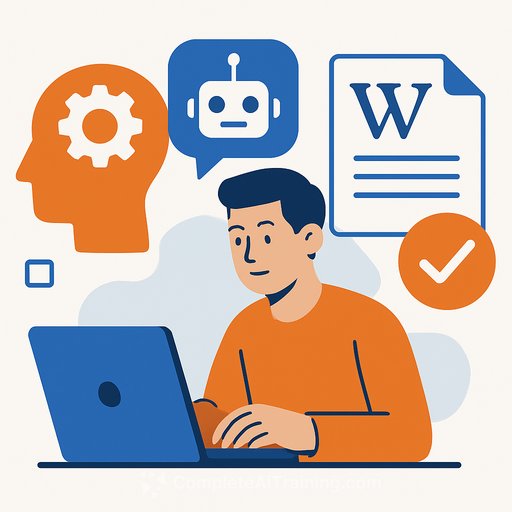AI Pressure On Fiction: What UK Novelists Are Seeing
A new study of 258 published novelists and 74 industry insiders signals a hard pivot in the market. Just over half think AI could replace their work entirely. That isn't a distant threat; many have already found their writing used to train models without permission.
The impact is showing up in bank accounts. About 39% of surveyed writers report a measurable drop in earnings tied to generative AI. Most expect more erosion as AI content scales and floods retail channels.
AI Books Flood Digital Shelves
Amazon has limited self-published Kindle ebooks to three per day to slow the flood. It hasn't stopped lookalike titles. Some authors discovered AI-written copies of their books listed online before the real launch.
Scammers are also pushing AI-generated guides and "companions" that siphon search traffic and sales. Romance, thriller, and crime are especially exposed. Add AI-written reviews and misleading descriptions, and readers get confused while genuine work gets buried.
Copyright, Consent, and Compensation
UK writers are asking for clear rules: informed consent and fair compensation when AI is trained on human-authored work. They also want transparency from tech platforms and the government. Current policies often only flag fully AI-generated releases, which leaves a gap for partially AI-assisted plagiarism.
Rights-reservation frameworks sound good on paper but are weak without enforcement and disclosures. The ask is simple: if AI touches the data or the draft, show it-and pay the people whose work made it possible.
Provenance: A Practical Line of Defense
Content provenance tools offer a path to prove authorship. The C2PA framework embeds cryptographic metadata that travels with your content and can be verified. That gives platforms and readers a signal to trust while making copycat releases easier to spot.
Amazon joined the C2PA steering committee in September 2024, a sign the industry sees the problem. Adoption across publishers is uneven, but early tests show clear provenance boosts reader confidence and simplifies takedowns.
Learn more about C2PA and how provenance credentials work. For copyright guidance in the UK, see the Intellectual Property Office overview on AI and copyright.
What You Can Do Now
- Audit your catalog: search major retailers for clones, near-duplicates, and "companions" using your name or titles. Set up alerts for key phrases and series names.
- Add provenance: ask your publisher about C2PA credentials, or use tools that embed cryptographic metadata in manuscripts, cover art, and promo assets.
- Tighten contracts: require written consent for any AI training on your work, disclosure of AI use in production, and provenance on all digital outputs.
- Prepare takedowns: document your originals, keep dated drafts, and save ISBNs/ASINs. Use platform IP complaint forms with side-by-side evidence.
- Control the pre-release window: share samples via your own list, use private ARC links, and publish clear "official edition" notes with pre-order links.
- Diversify income: sell direct, build reader memberships, and run limited editions or signed copies to create value that clones can't fake.
- Use AI on your terms: research and brainstorming are fine if they save time, but keep the creative work human and track any AI assistance in your notes.
Looking Ahead
AI isn't going away, but neither is reader taste. Authentic voice, lived experience, and consistency still win-provided people can find and trust your work. That's the point of provenance: make authenticity visible.
Push for consent and compensation. Ask your publisher for provenance by default. And build a direct line to readers so your name signals "this is the real one."
Resources for Writers
- Practical AI courses by job for building an efficient, AI-safe writing workflow without giving up creative control.
Your membership also unlocks:

